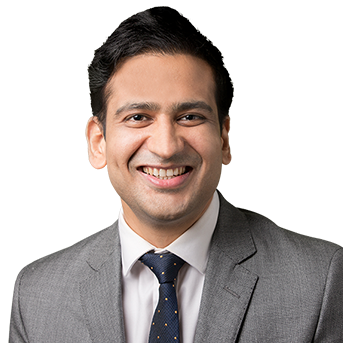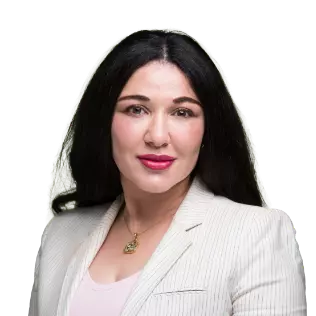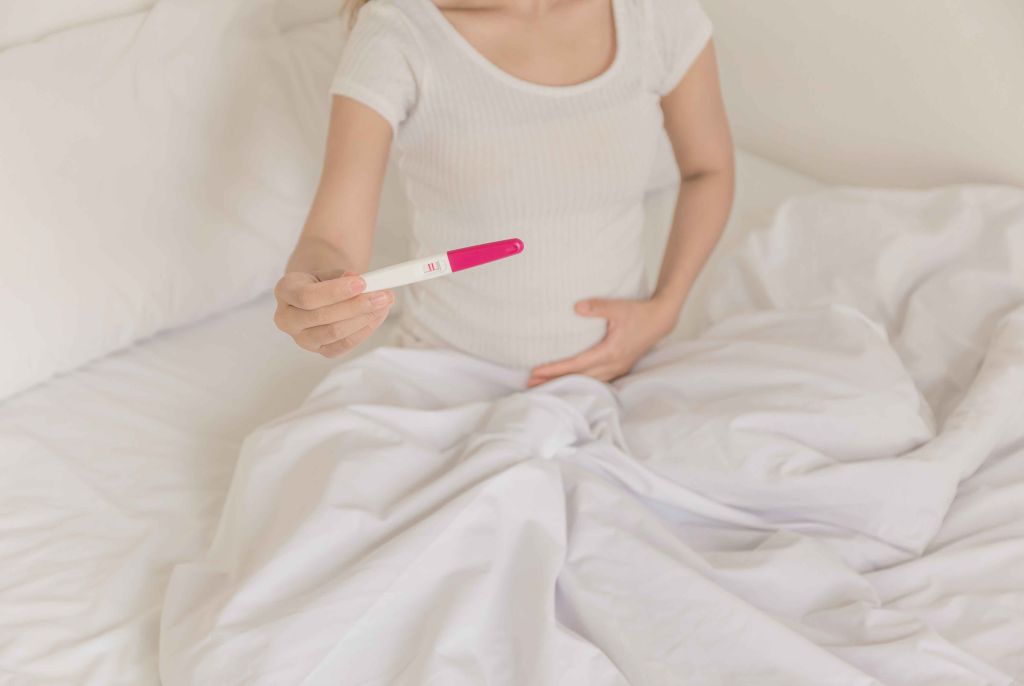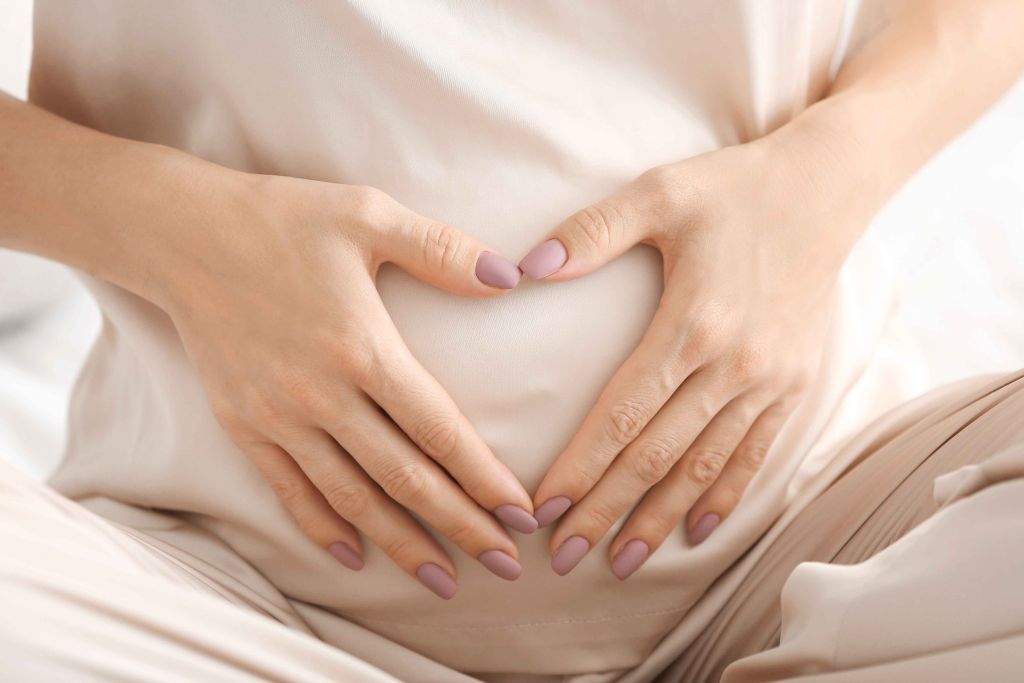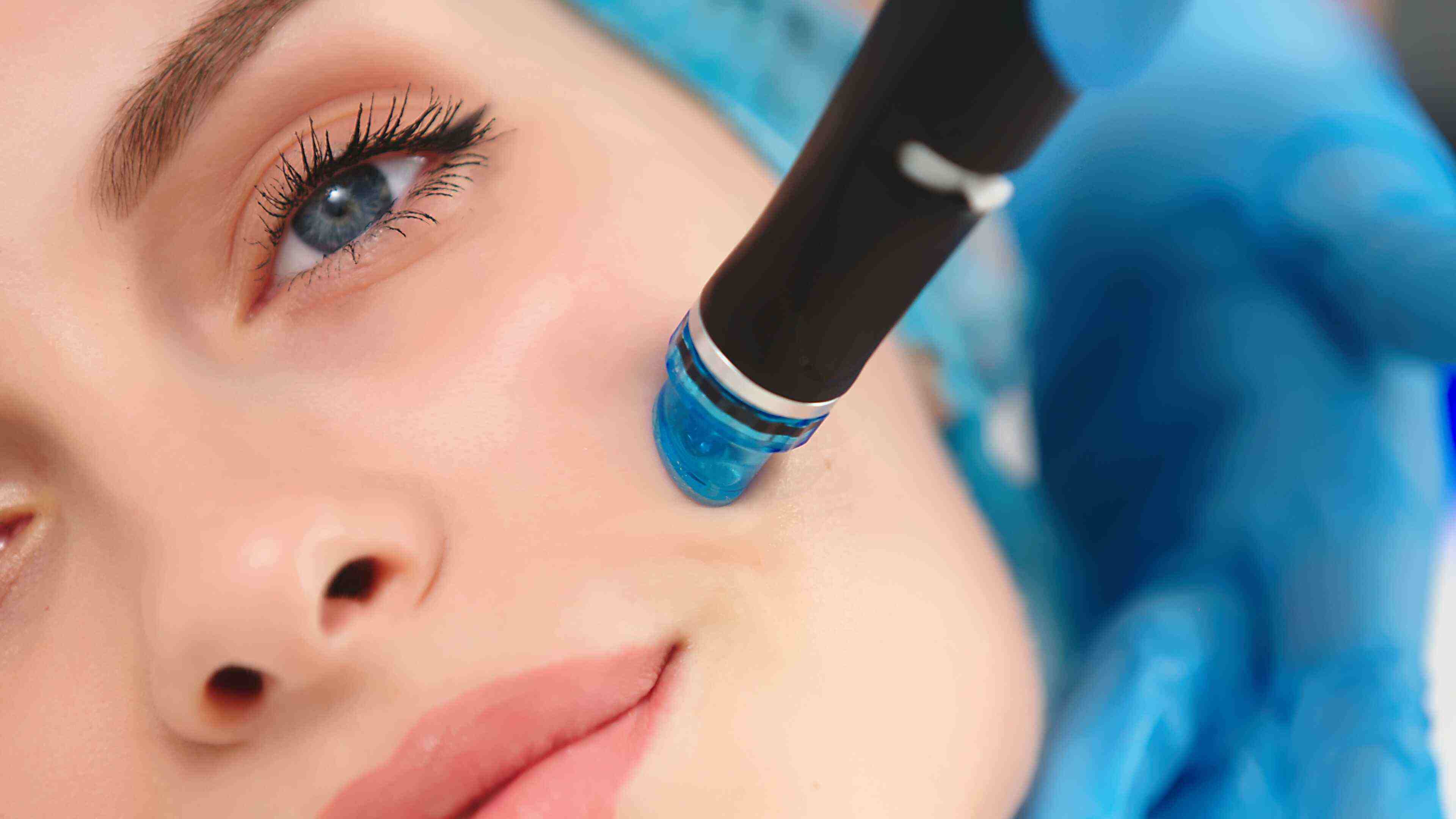Written By: Dr. Rahul Chaudhary
Dr. Rahul Chaudhary is a cosmetology specialist with a Masters Degree in Dermatology, Venereology & Leprosy from the Banaras Hindu University, India.
Updated On:December 25, 2023
Read more.
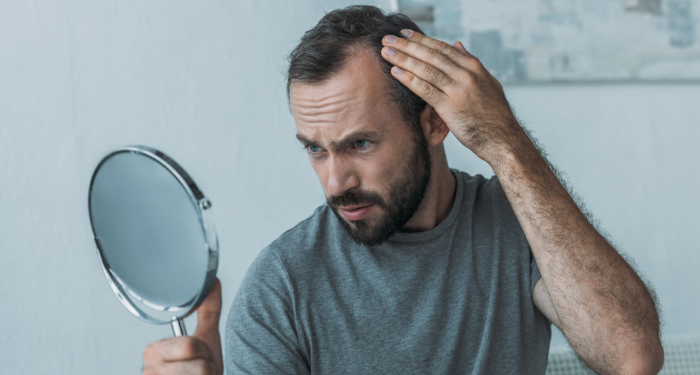
What is Hair Loss?
Hair loss, medically termed as alopecia, refers to the excessive thinning & eventual falling of hair from any part of the human body where hair growth takes place. Hair loss does not only refer to losing hair on the scalp. Hair Loss occurs when the rate of hair growth falls behind the rate of hair loss. The average adult typically loses around 100 hair each day as part of a natural hair growing & replacement cycle, & our hair follicles replace the strands. The lifecycle of our hair follicles & their ability to grow hair can be affected by a variety of factors resulting in hair loss.
Types of Hair Loss
Hair loss can be temporary or permanent, & the causes of hair loss vary depending on the type of hair loss one may be experiencing. The most common types include:
-
Androgenic Alopecia refers to male/female pattern baldness where the hairline recedes & the frontal & crown scalp starts losing hair. Men with androgenic alopecia can experience hair loss as early as their teen years or early 20s. Women with the condition go through a general thinning of hair across the scalp & may not even notice it until their 40s or later.
-
Involutional Alopecia refers to natural hair loss that comes with age. The growth rate of hair reduces as one ages. The remaining hair thins out because more & more hair follicles start entering their resting phase.
-
Scarring Alopecia is a condition that can cause permanent hair loss. It is brought on by skin conditions & disorders which scar the body & inhibit the ability of hair follicles to regenerate hair.
-
Alopecia Areata results in loss of hair in patches on the scalp. It can strike both children & adults & may result in complete baldness. However, in the majority of cases, the hair grows back in a few years.
Signs & Symptoms of Hair Loss
Hair loss symptoms vary depending on the underlying cause. They also differ based on age & gender.
Symptoms of Hair Loss in Men
- Receding hairline
- General thinning of hair across the scalp
- Horseshoe-shaped bald pattern on the crown of the scalp
- Circular bald patches & spots
Symptoms of Hair Loss in Women
- Hair thinning at the crown
- Broadened part in the hair
Common Symptoms of Hair Loss
- Sudden hair loss in patches
- Excessive hair shedding
- Loss of hair on other parts of the body
When To See a Doctor For Hair Loss?
Hair loss can become a cause of distress for many. It is always a good idea to get in touch with a doctor to root out the cause & receive the right treatment. If your hair loss is sudden or is taking place in patches, it may indicate an underlying medical illness/condition that must be treated immediately. Contact your doctor at the when you notice a change in your hair.
Hair Loss Causes
There are several reasons for hair loss including:
- Heredity Hair Loss: Hair loss due to aging & male/female pattern baldness is most commonly a predisposed condition passed through the family. It occurs in predictable patterns & is characterized by a receding hairline in men & thinning of hair on the scalp crown in women.
- Hair Loss due to Stress: Traumatic, emotional, and/or stressful events can trigger temporary hair loss.
- Hormonal Changes: A hormonal imbalance in the body can result is hair loss as well. A high level of androgens (produced by both women & men) can cause hair loss. Hormonal changes in women brought about by pregnancy, childbirth, menopause, & the use of contraceptives can trigger hair loss in women.
- Drugs & Medications: Excessive use of certain medicinal drugs can cause hair loss as well. Medications used to treat cancer, high blood pressure, depression, arthritis, heart conditions, etc., have hair loss as a side effect.
- Autoimmune Diseases: Alopecia areata, a type of hair loss, is commonly caused by autoimmune diseases where the immune system is hyperactive & starts adversely affecting hair follicles.
- Medical Illnesses: There are several health conditions & illnesses that cause hair loss such as diabetes, lupus, thyroid, anemia, etc. Hair loss in such cases is temporary & is reversed once necessary treatment has been received, unless the underlying condition causes scarring.
- Diet: An imbalanced, low-protein diet can cause temporary hair loss as well.
- Vitamin Deficiencies: Being deficient in vitamin B12, iron, folate, zinc, and/or calcium may result in hair loss.
Hair Loss in Women
Hair loss in women is mostly triggered by underlying medical conditions or hormonal changes during pregnancy, menopause, or due to the use of contraceptives. Childbirth can also be a cause of excessive hair loss in women but it normalizes in a few months. Female pattern baldness, which is heredity, is less common than male pattern baldness & is more diffuse & gradual. It is in fact not even noticeable until 40 years of age or later in most cases.
In some cases, hair loss on the front of the head of females may also occur. The hairline may start receding due to a condition known as frontal fibrosing alopecia & if left untreated, it may cause permanent baldness. Contact your doctor as soon as symptoms start appearing.
Risk Factors of Hair Loss
There a number of risk factors for hair loss including:
- Family history of hair loss
- Age
- Sudden weight loss
- Stress
- Medical conditions such as diabetes
- Poor diet
Hair Loss Treatment
Hair loss can be temporary or permanent depending on the underlying cause. There are hair loss treatments available that can reverse temporary hair loss & slow down permanent hair loss.
-
Medicinal Treatment: If the hair loss is caused by a medical illness, a doctor will prescribe medications to treat the underlying condition. If a specific medication has triggered your hair loss, your doctor will take you off it & may prescribe an alternative.
There are also medications available for combating male/female pattern baldness including:
-
Minoxidil (Rogaine)
-
Finasteride (Propecia)
-
Spironolactone (Carospir, Aldactone)
-
Oral Dutasteride (Avodart)
-
Platelet Rich Plasma(PRP) Therapy / Mesotherapy for Hair Loss- PRP works by using the patient’s blood & the active growth factors in it to promote hair growth, while mesotherapy promotes hair growth by injecting nutrient-rich liquid into the mesoderm of the scalp. Both modalities works in all kind of hair loss & needs multiple sessions to show effect.
-
Hair Transplant Surgery: People with permanent hair loss can also opt for a restorative hair transplant surgery where hair from another part of the scalp is transplanted to a bald patch/spot.
-
Laser Therapy: Laser therapy can be used to treat hereditary hair loss in both men & women.
Preventing Hair Loss
The following steps can be taken to prevent hair loss:
- Not wearing hair in tight braids, ponytails, or buns can help prevent hair loss in women.
- Avoid pulling, rubbing, or twisting your hair.
- Increasing iron & protein intake can reduce hair loss.
- Hair loss in women can be prevented by reducing the use of hairstyling products such as blow dryers, heated combs, straighteners, coloring products, etc.
- Protect hair from sunlight.
- Using medical hair loss shampoos may prevent thinning of hair & slow down hair loss.
- Taking hair loss vitamin supplements for vitamin B12, iron, calcium, folate, & zinc can help prevent hair loss.
If you want to understand how we can help you with your hair loss, get in touch with us.
Meet our doctors from the Dermatology & Aesthetics department
|
||||||||
|
||||||||
|
||||||||
|
||||||||
|
||||||||
|
||||||||
|
||||||||
|
||||||||
|
||||||||
|
||||||||
|
||||||||
|
||||||||
|
||||||||
|
||||||||
|
||||||||
|
||||||||
|
||||||||
|
||||||||
|
||||||||
|
||||||||
|
||||||||
|
||||||||
|
||||||||
|
||||||||
|
||||||||
|
||||||||
|
||||||||
|
||||||||
|
||||||||
|
||||||||
|
||||||||
|
||||||||
|
||||||||
|
||||||||
|
||||||||
|
||||||||
|
||||||||
|
||||||||
|
||||||||
|
||||||||
|
||||||||
|
||||||||
Similar Posts
teleMEDCARE App
Download teleMEDCARE app from Google Play or App Store to connect immediately to Medcare doctors at a click of a button and without an appointment.

Home Services
We offer our patients a broad range of home health care services in the comfort of their own homes. Book an appointment for lab tests, vaccinations, nurses and physiotherapists.

Chronic Care
Know more about our Chronic Care Management Programme in partnership with Damana Saicohealth.

teleMEDCARE App mobile
Download teleMEDCARE app from Google Play or App Store to connect immediately to Medcare doctors at a click of a button and without an appointment.

Home Services
We offer our patients a broad range of home health care services in the comfort of their own homes. Book an appointment for lab tests, vaccinations, nurses and physiotherapists.

Spotii
We have partnered with Spotii to offer a more flexible way to pay - Pay over time for your purchase. No interest, no cost & no catch.

